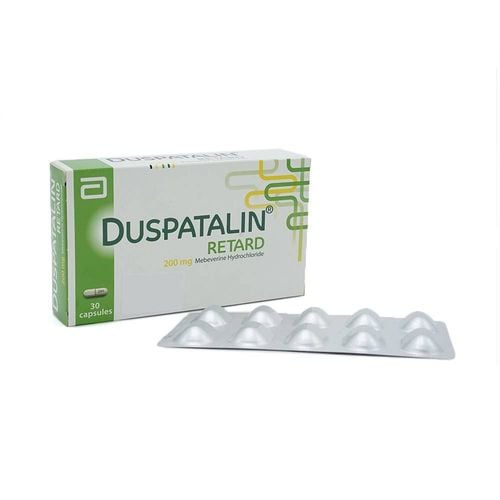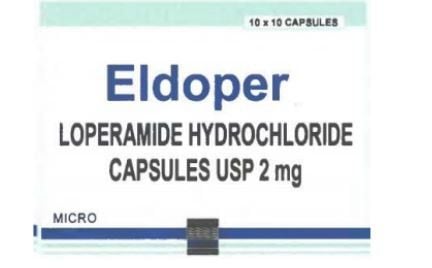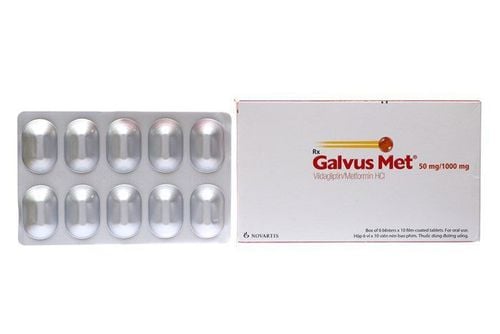The article is consulted with doctor Bui Thi Ha, Specialist I - Pediatrician - Neonatologist at the Pediatrics - Neonatology Department, Vinmec Ha Long International General Hospital.
Newborn constipation worries their parents, but it is a common symptom in both breastfed and formula-fed babies. In addition to treating constipation in the baby, the mother’s diet also plays a crucial role.
1. Newborn constipation:
In exclusively breastfed newborns, their stools are usually loose or pasty, yellow in color, and may contain bubbles or tiny white specks like lilac flowers and mustard flowers. Babies may pass stools multiple times a day, sometimes while breastfeeding, but they do not show signs of abdominal pain, gain weight normally and are generally active. For formula-fed newborns, the stools tend to be firmer, and bowel movements are less frequent because breast milk is easier to digest than formula.
Newborn constipation is a condition in which babies pass stool fewer, do not pass for many days (more than 3 days) and stools are often dry and hard. The baby may have to strain to pass stool. The primary cause of constipation in newborns is usually insufficient or inadequate breastfeeding, which leads to dehydration.
2. What should a mother eat if her newborn has constipation?
For exclusively breastfed babies, to alleviate newborn constipation, mothers should pay attention to the following dietary guidelines:
- Increase the intake of vegetables, fruits, and fiber-rich foods to be excreted through breast milk for nursing infants.
- Drink plenty of water, fruit juices, and milk. The total daily water intake should be about 2-3 liters, including water, milk and fruit juices, to ensure an adequate milk supply for the baby.
- If the mother also has constipation, she should add grapefruit juice or chia seeds to her diet to help relieve constipation, while also increasing the fiber content in her breast milk for the baby.
3. What should be done if the baby has constipation?
- Breast milk is easily digestible and low in residue, so if the baby absorbs it well, bowel movements may be slow, and the baby defecates once every 5-6 days. In this case, if the baby’s stool is still soft, not dry or hard, and the baby is not crying or showing discomfort, the mother should gently massage the baby’s abdomen in a clockwise position several times a day, combined with cycling movements with baby’s legs, especially when the baby is hungry, to stimulate the baby’s bowel movements.
- If the newborn’s constipation is due to insufficient breastfeeding, the mother should increase the frequency of breastfeeding (every 1-2 hours) to boost milk supply, ensuring the baby gets enough milk and water, which helps the digestive system function better. If the mother has low milk supply, the baby may need to breastfeed more often, around 12-15 times a day.
- If a baby is formula-fed and has constipation, parents should pay attention to how the formula is prepared, ensuring it follows the correct instructions. Avoid making it too concentrated, so the baby can absorb the milk properly.
However, when treating constipation in babies, parents should be cautious and not frequently use enemas. Additionally, if parents follow the above methods, the newborn has constipation along with symptoms such as bloating, milk regurgitation (milk coming back up from the stomach into the esophagus and sometimes out of the mouth), discomfort or crying, parents should take the baby to see a doctor.
To prevent newborn constipation, mothers should eat more fruits and vegetables, such as chia seeds and grapefruit,... and drink 2-3 liters of water daily.
The Pediatrics Department at Vinmec International General Hospital is a popular choice for many parents seeking care and treatment for common childhood illnesses such as otitis media, bacterial fever, viral fever, pneumonia, and more. With modern equipment, a sterile environment, and experienced pediatric specialists, the hospital ensures that medical visits are as worry-free as possible for parents.
To arrange an appointment, please call HOTLINE or make your reservation directly HERE. You may also download the MyVinmec app to schedule appointments faster and manage your reservations more conveniently.














